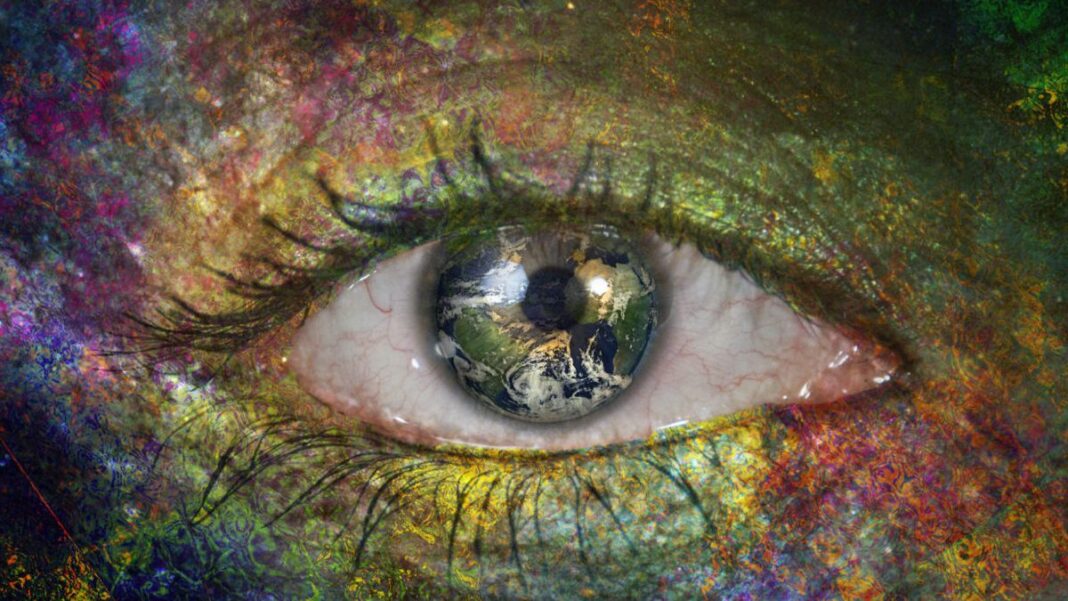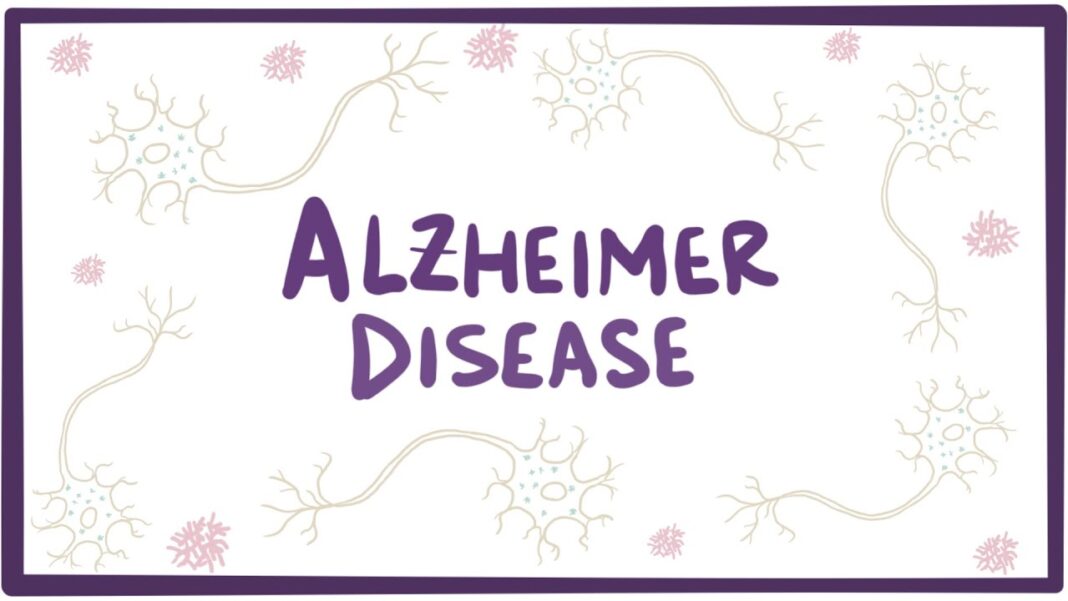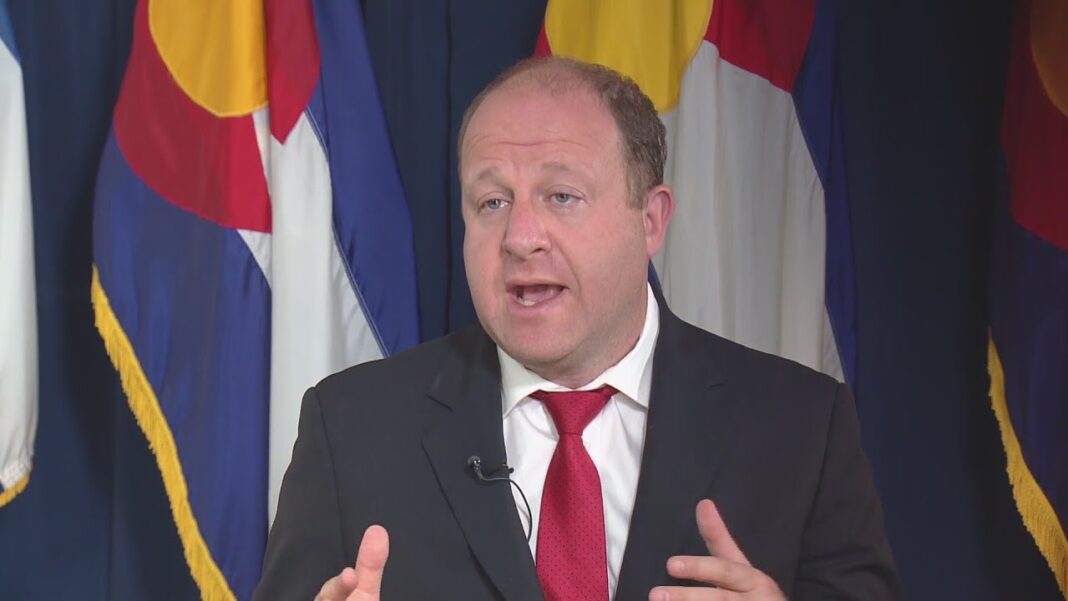
A key goal of naturalism/materialism has been to explain human consciousness away as “nothing but a pack of neurons.” That can’t work
Naturalism, often called “materialism,” posits that nature is all there is. Panpsychism doesn’t dispute that. But the panpsychist also thinks that consciousness is real — present in all nature (or all living nature) but especially developed in humans. Last Monday, writing about a classical atheist naturalist who was attacking panpsychism, I reflected on the difficulties the trend to panpsychism presents him.
The naturalist is hostile to the panpsychist because he assumes that human consciousness will, in due course, be explained away. It is either an illusion, or an aid to survival that evolved among early humans. Or perhaps it is a spandrel (in evolution theory, a useless accompaniment of useful traits).
In short, what we thought was our means of understanding the world is just another part of that world. It’s not a place we can stand that gives us some insight.
Despite the support of a venerable science establishment over many decades, that approach has just not caught on. It can’t. Because, for one thing, it ends the pursuit of science as a road to understanding. On the naturalist view, there is nothing that understands anyway. It’s just the remnants of what happened on the African savannah hundreds of thousands of years ago when the human species learned to hunt better.
A friend asked why I think panpsychism is a growing trend in science.
First, I only really started to focus on it in mid-2020 when we ran a story about New Scientist treating panpsychism as a serious idea in science. New Scientist is to trendy science what runways are to high fashion. I recalled that Scientific American had also explored panpsychism respectfully in recent years. And Scientific American is owned by Nature, one of the foremost science journal publishing groups. If Nature wanted to stop panpsychism’s path to respectability, it could.
Or wait. Could it? What are the alternatives? The current state of consciousness studies was described in the Chronicle of Higher Education in 2019 as bizarre. And not much has changed since then. So I started to pay more attention, though others have certainly noticed the trend before me.
More recently, a panpsychist approach has been intimated in more serious publications. Prominent neuroscientist Antonio Damasio argues that even viruses, as well as bacteria, are on the intelligence/consciousness scale. Well-known biochemist James Shapiro tells us that all living cells are cognitive. Allen Institute neuroscientist Christof Koch spearheads a leading theory of consciousness, Integrated Information Theory (IIT), developed by Giulio Tononi, that has clear panpsychist roots. These aren’t fringe people. They publish in respected journals and write books that get reviewed in major venues.
Before drawing out the implications, permit me to rope in a thread from another topic that might shed some light. In a recent broadcast, a CBC news reader reported on Harvard astronomer Avi Loeb’s Galileo Project to detect the technical signatures of extraterrestrials. CBC is almost fully funded by the government of Canada — as mainstream as they come. The news reader there acknowledges that such a project “would have been dismissed just a few years ago as very fringe.”
Loeb thinks that advanced extraterrestrials may have engineered the Big Bang. No one blinks. Another well-known astronomer, Martin Rees, also thinks artificial intelligence extraterrestrials may have created the universe. Still no one blinks. In sum, fewer scientists today seem to think that we can do without any source of intelligence for the creation of the universe.
What we are seeing is passive defection from the promissory materialism that used to rule.
By assuming that all entities — or, at least, all living entities — participate at some level in consciousness, the panpsychist avoids a number of the pitfalls of naturalism:
➤ If, as naturalists believe, “the mind is nothing more than the brain,” there may be nothing the mind can discover about how nature works. If, as panpsychists hold, consciousness is a fact of nature and human consciousness is more developed than some others, it may well offer insight into how the rest of the universe works.
➤ It is also okay that human consciousness is more highly developed than that of amoebas or chimpanzees. The panpsychist need not pretend, for example, that chimpanzees really talk like people (but we are just too oppressive and arrogant to listen) or that predatory animals have an abstract concept of death. If intelligence/consciousness inheres throughout nature, it could naturally be more present in one area than another.
➤ The question of whether AI can achieve human-like intelligence becomes a more conventional one. It boils down to: Can computation replicate all forms of intelligence? So far, it seems not. Creativity, for example, is not a form of computation. But because panpsychists are not trying to explain away human intelligence, they can afford to be appropriately skeptical of imaginative claims about AI.
➤ Panpsychism eliminates the crudities of Darwinism. For example, if consciousness is assumed to be a natural development in the most complex life forms, human consciousness would have happened, whether it improved survival or not. Darwinian controversies around the topic become pointless or anyway, much less significant. Perhaps that’s why a classical Darwinian, who needs to see human consciousness as a simple but controversial accident, views panpsychism with hostility.
No surprise, panpsychism has critics on both sides: Dualists and idealists on one side and naturalists on the other. I am not writing to advocate or defend it but to explain why it seems to be catching on.
You know a cultural change is underway when there are no fireworks — when people just start making different assumptions about what’s reasonable.
You may also wish to read: A Darwinian biologist resists learning to live with panpsychism. Jerry Coyne makes two things quite clear: He scorns panpsychism and he doesn’t understand why some scientists accept it. The differences between panpsychism and naturalism are subtle but critical. As panpsychism’s popularity grows, insight will be better than rage and ridicule.
About Denyse O’Leary
Denyse O’Leary is a freelance journalist based in Victoria, Canada. Specializing in faith and science issues, she has published two books on the topic: Faith@Science and By Design or by Chance? She has written for publications such as The Toronto Star, The Globe & Mail, and Canadian Living. She is co-author, with neuroscientist Mario Beauregard, of The Spiritual Brain: A Neuroscientist’s Case for the Existence of the Soul. She received her degree in honors English language and literature.








